Environmental Microbiology highlights the interrelatedness of microbes with life and the environment. It explores the beneficial impact that microbes have on agriculture and food processing, as well as the environment. Further, it goes on to discuss some of the negative impacts that microbes have on our world, such as their role in causing diseases. With its focus and coverage, this text is an essential reading for undergraduate, postgraduate and research students in environmental microbiology studies, and to serve as a reference resource for scientists, professionals and engineers interested in this field.
Contents: 1. Evolutionary History of Microbiology. 2. Prospects of Vermicompost for Organic Cultivation in India. 3. Role of Blue Green Algae in Environment Management. 4. Medicinal Plants for Microbial Control. 5. Microorganisms and Role in Sustainable Environment. 6. Fluoride Tolerant Microorganisms and their Possible Role in Bioremediation. 7. PGPR Bio-inoculants for Sustainable Crop Production. 8. Mass Production of Arbuscular Mycorrhiza. 9. Physicochemical and Bacteriological Studies of Wetland Soils of Keoladeo National Park, Bharatpur, Rajasthan. 10. Production of Bacterial Proteases Using Agro-industrial Wastes by Statistical Experimental Designs. 11. Adverse Effect of Indiscriminate use of Chemical Pesticides and its Alternative Eco-friendly Means for Management of Diseases and Pests Infecting Agricultural Crops. 12. Arbuscular Mycorrhizal Fungi and its Interactions with Environment. 13. Arbuscular Mycorrhiza as Bioprotectant: A Review of the Mechanisms Involved. 14. Resistance: Origin, Evolution and Challenges in Future. 15. Algae and Wastewater Remediation: Current and Future Scenario.

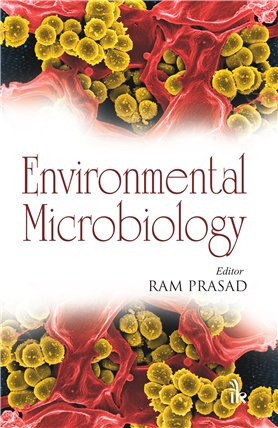
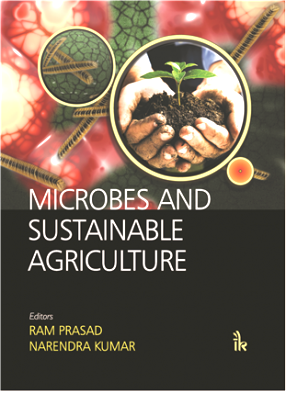
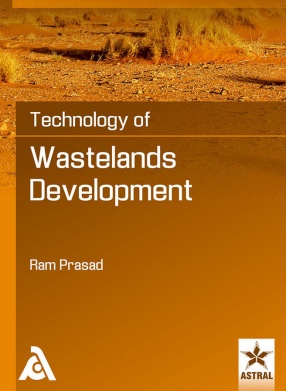
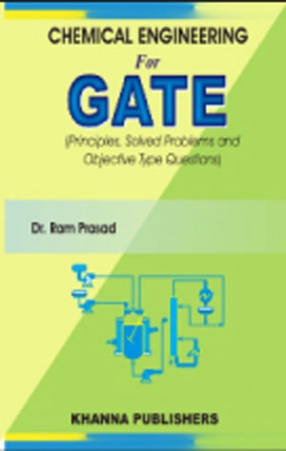
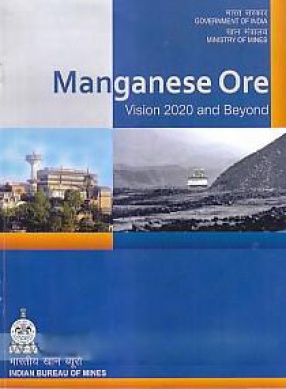
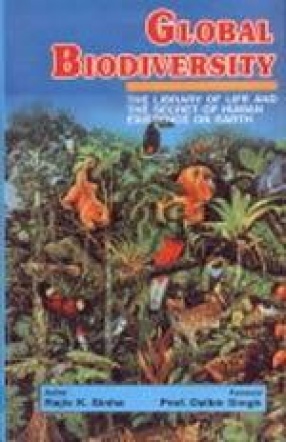
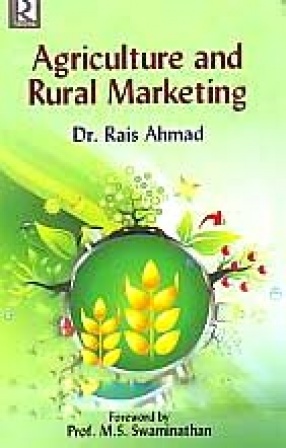
There are no reviews yet.